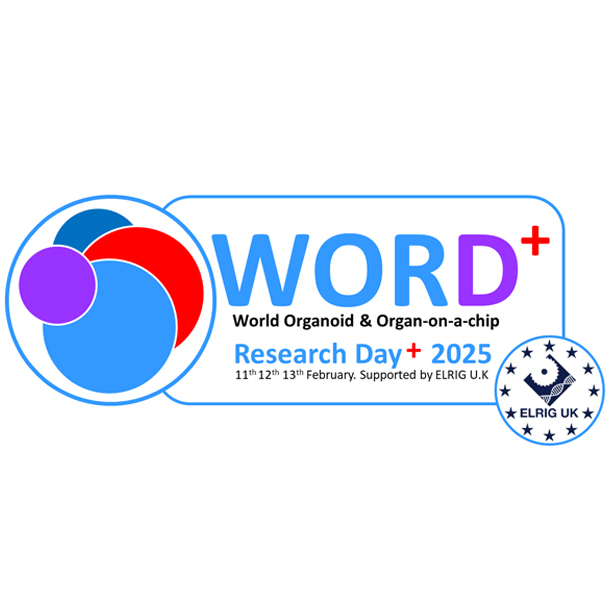5 out of the top 10 pharmaceutical companies work with us. Our models are also used by biotechnology companies of all sizes, research institutions and Contract Research Organisations
Peer-reviewed publications featuring our iPSC-derived hepatocytes, Ulti-HEP
5 in-house validated disease models ready for screening
13 years of supporting R&D with our innovative, proprietary iPSC endodermal protocols











